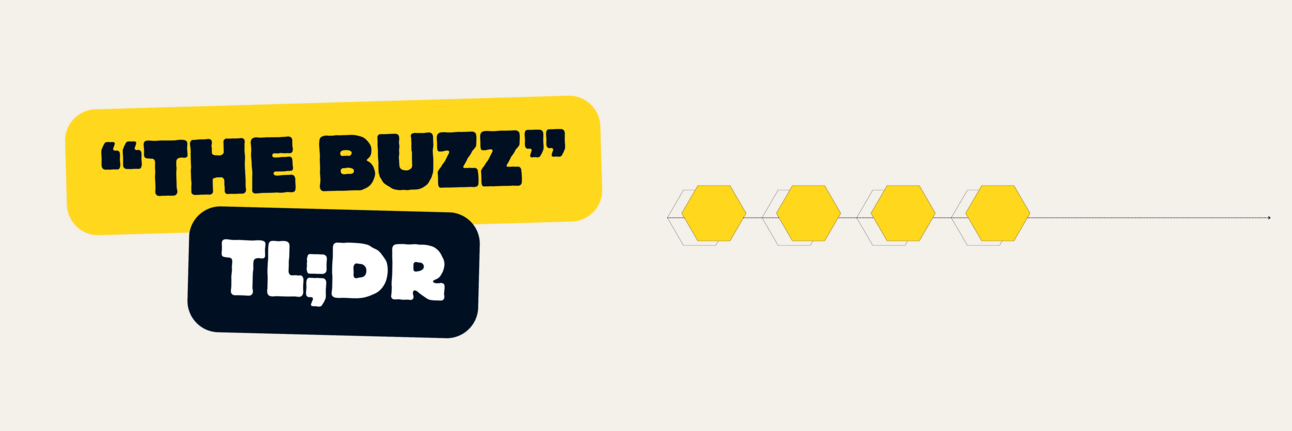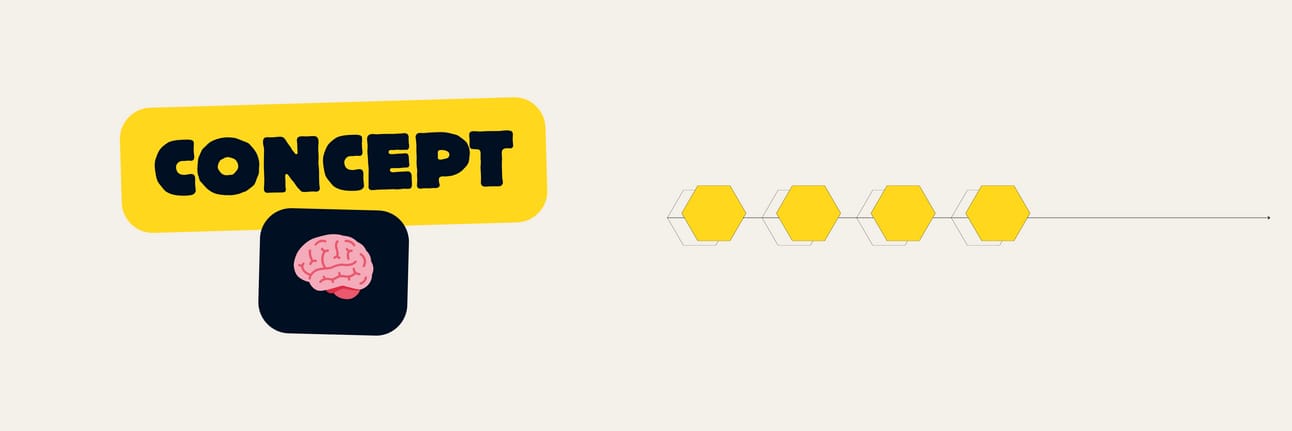



Welcome to Lesson 36 of The Purposeful Performer!
While everyone else fights over the same 24% of market share, the top 3% of performers are capturing 76% by playing an entirely different game.
In today's feast-or-famine reality, "different" isn't risky anymore—it's the only safety net. This week, you'll learn the 80/20 Pipeline Multiplier Strategy that transformed one seller from zero bookings to pursuing eight-figure opportunities by refusing to compete on anyone else's terms.
Total points up for grabs: 40

The middle has collapsed, and "better" won't save you
“In the depth of winter, I finally learned that there was in me an invincible summer.”
Look at any enterprise sales dashboard right now and you'll see the truth laid bare: three sellers closing everything, ninety-seven closing nothing. This isn't a skills gap. It's a category gap.
The sellers winning aren't just executing their previous playbook better. They're writing entirely new playbooks. They're not asking permission to pursue different deal structures, different buying processes, or different value propositions. They're creating categories of one.
Here's what most don't understand: In an environment where CFOs are paralyzed by tariff uncertainty, where reply rates have cratered, where every "sure thing" deal sits frozen in committee—being "different" is actually safer than being "better."
Why? Because "better" puts you in direct competition with every other seller pitching incremental improvements to skeptical buyers. "Different" puts you in a category of one, where competition becomes irrelevant and urgency emerges from possibility rather than pain.
The 80/20 Pipeline Multiplier Strategy recognizes this reality. Your 80% maintains excellence in execution—the professional rigor that keeps you in the game. But it's the 20% dedicated to asymmetrically different pursuits that creates exponential returns.
Think portfolio theory applied to pipeline generation: your 80% provides momentum, while your 20% provides the escape velocity that transforms careers.

When the old world collapses, different becomes your lifeline
"The cave you fear to enter holds the treasure you seek."
December 31, 2019. While others were sandbagging deals for the new year, I was closing United Airlines—a deal I could have easily pushed to January. I wanted to force momentum into 2020.
Then the world shut down a few months later.
My entire pipeline—airlines, hospitality, travel—decimated overnight. Every "sure thing" evaporated. Three quarters with zero next to my name. The playbook that had made me successful was now worthless.
This is where most sellers would have doubled down on "better." More calls. Better emails. Tighter discovery. Enhanced ROI calculations. But in a world that had fundamentally shifted, better was a path to nowhere.
So I did something different.
I pursued a deal that didn't fit any ideal customer profile. It violated every sales methodology. It required creating an entirely new use case that didn't exist in any product roadmap—connecting at-home COVID testing with conversational AI so frontline workers could safely return to work.
It took just eleven days from first contact to get a signed contract with the test provider, landing a $3 million booking in December that became the blueprint for achieving 442% quota attainment over the following year.
This wasn't luck. It was the deliberate rejection of competing on existing axes (price, features, implementation speed) to create new ones entirely (public health impact, speed to safety, workforce continuity).
Today's market mirrors that same uncertainty. Your clients aren't paralyzed because they can't see the value in incremental improvements. They're paralyzed because incremental improvements won't solve exponential problems.

The real-world transformation from conformer to category creator
"If you don't like the rules, make your own game."
During a recent coaching session, I witnessed this transformation happen in real-time. A strategic seller—let's call her Michelle—was staring at a dashboard that told the whole story: feast or famine across the entire organization. Three sellers with multi-million-dollar deals, everyone else well below their targets.
Michelle had been grinding for eight months. Her writing had evolved from pro to elite. Her emails to the CFO of a major manufacturing firm had been opened forty times, passed throughout the organization. She had created compelling business cases, ROI models, value architectures. All the "better" stuff.
But nothing was moving.
"I haven't lost anything," she told me, frustration evident in her voice. "Everyone's just in this stalled motion."
That's when we shifted the conversation from better to different.
Instead of asking "How can I improve my existing approach?" we asked "What completely different opportunity could be created?"
We started mapping her situation differently. Her prospect wasn't just evaluating software—they were navigating a world where tariffs were creating double taxation on supply chains. Where vendor optimization had become board-level strategy. Where traditional procurement approaches were becoming obsolete.
Michelle lit up. "What if this isn't about our product at all? What if it's about creating a vendor optimization command center that just happens to use our technology as the intelligence layer?"
Within minutes, she was sketching out an entirely different narrative. Not selling discovery and enablement. Creating a new category: Vendor Intelligence Operations.
She pulled up her custom-trained GPT—months of feeding it everything from challenger methodology to business frameworks. But instead of asking it to write better emails, she prompted it differently: "Design three fundamentally different approaches to this opportunity that create new categories rather than competing in existing ones."
The transformation was immediate. Her energy shifted from grinding to creating. From competing to designing. From asking permission to claiming authority.
By the session's end, she had mapped out three different deals, each operating in a completely different category than her competition. Each with executive sponsorship potential. Each structured not as software purchases but as rapid transformation initiatives.
"I've been saying I don't want to work on small deals," she reflected. "Well, I got what I asked for. It just didn't arrive the way I expected."
That's the thing about different. It rarely feels comfortable at first. It feels like breaking rules, like career risk, like swimming upstream.
But here's what I've learned after coaching hundreds of sellers: The ones who make it to the top 3% didn't get there by being 10% better at the same game. They got there by playing a different game entirely.
The rapid transformation process looks like this:
To access, you must be a member
Become a member of The Purposeful Performer to get unlimited access to this lesson and other member-only content.
UpgradeThe Professional Membership provides:
- Full access to The Purposeful Performer
- 4 live group strategy sessions
- Private community






